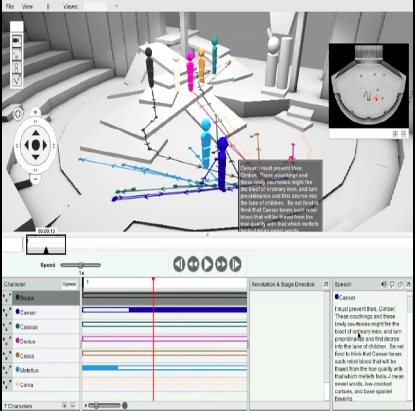Click on this link to upload my reflection on Upintheair Theatre’s Inside the Seed
Part of the actors’ talkback sesssion last night revealed something interesting I noticed in Tara Goldstein’s 2001 Hong Kong, Canada ethnodrama. In both cases, the characters in the play need to respond to what other people on stage want from them. Wendy wants a second family to substitute for the “astronaut family” that live in Hong Kong – that one-child policy of the recently (as of 2001) reunited special administrative region of mainland China already taking its toll on what members of the family get to stay together. She needs Joshua to step up and be more of her man, rather than the mensch he is for his own family. Joshua wants controversial content for the flailing school newspaper, and pushes others into risky situations so that he can add another achievement to his resume, but he is not the villain, just a guy, Wendy claims, who starts asking questions. Sarah, the Veronica to Wendy’s Betty, wants things seemingly out of reach, and a telling cutaway scene where she refuses to ask Carol for help with calculus says a lot more about her than her snooty written responses, angry petitioning or unsubtle seduction of Joshua. And most tellingly of these characters is Carol’s silent gestures as Ms Diamond takes charge of the English only policy inquiry.
Lastly, an update on the progress of Et Tu… which could easily become a three-part dialogue based on interviews I intend to conduct, asking other people to share the first time they saw Julius Caesar. The two participants I have in mind will hopefully shed some cultural light on the “old” English play, especially as one of them studied it first in another language. While I haven’t yet started to compile my data, there are already scenes emerging in my mind, starting with Cassius’ line “How many ages hence shall this our lofty scene be acted over…” with actors taking the role of research participants, bathing their hands in Caesar’s blood. There are no coincidences in my program of study anymore, and this week I am reading about Bourdieu’s field theory, and the violence implied between habitus and doxa. I have already gathered accounts of the innate fascination with blood and death in young children, and while my personal experience with the “Et tu, Brute” scene in an intermediate classroom sparked my interest in this autoethnodrama, I see this episode now as a small scene, a touchstone really, for a much more engaging investigation of how people react to a play not often performed. Much of these thought are spurred on by reading Chapter 4 of Saldaña’s Ethnotheatre coursework, and I now cannot wait to get back in the classroom, see what shape the research project will take. If I can work in current research into the Simulated Environment for Theatre (SET) project, my three-hander play will grow into a cast of dozens of players, both actual and virtual!

One Comment
Hi there friends, nice paragraph and pleasant urging
commented at this place, I am genuinely enjoying by these.